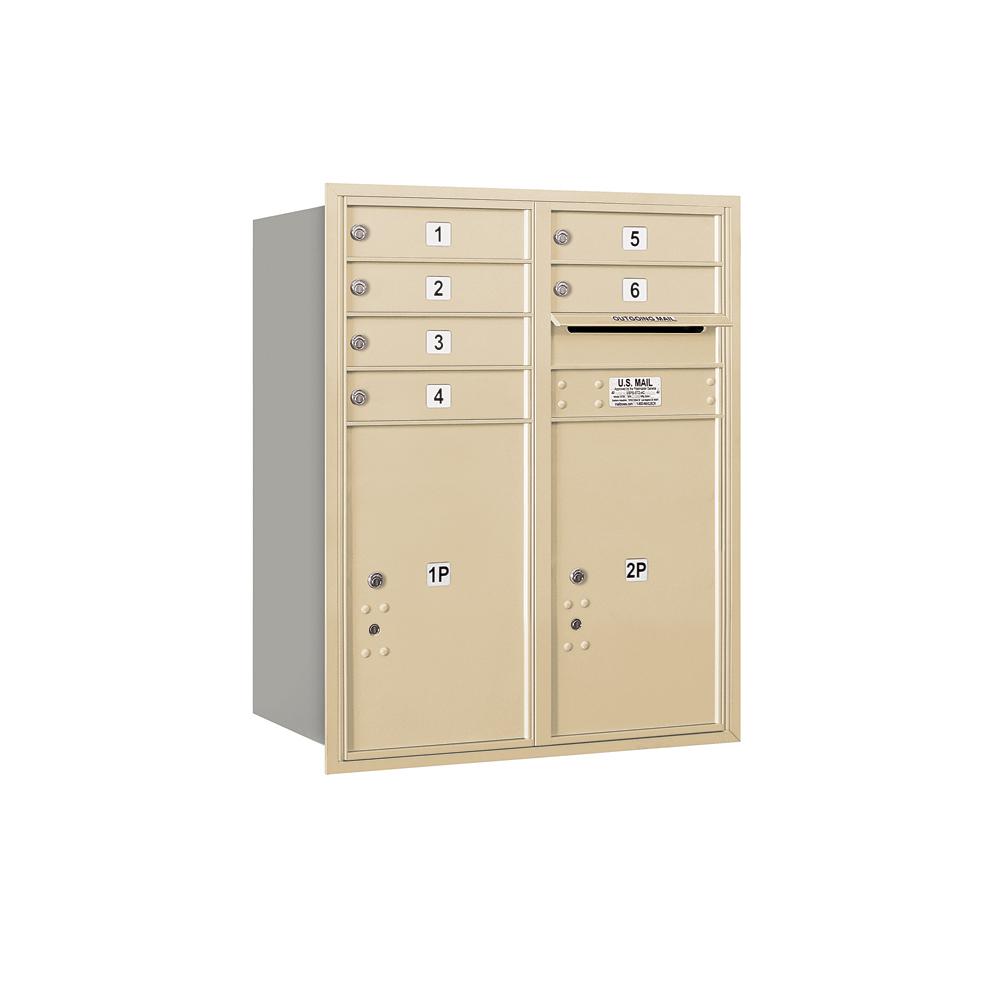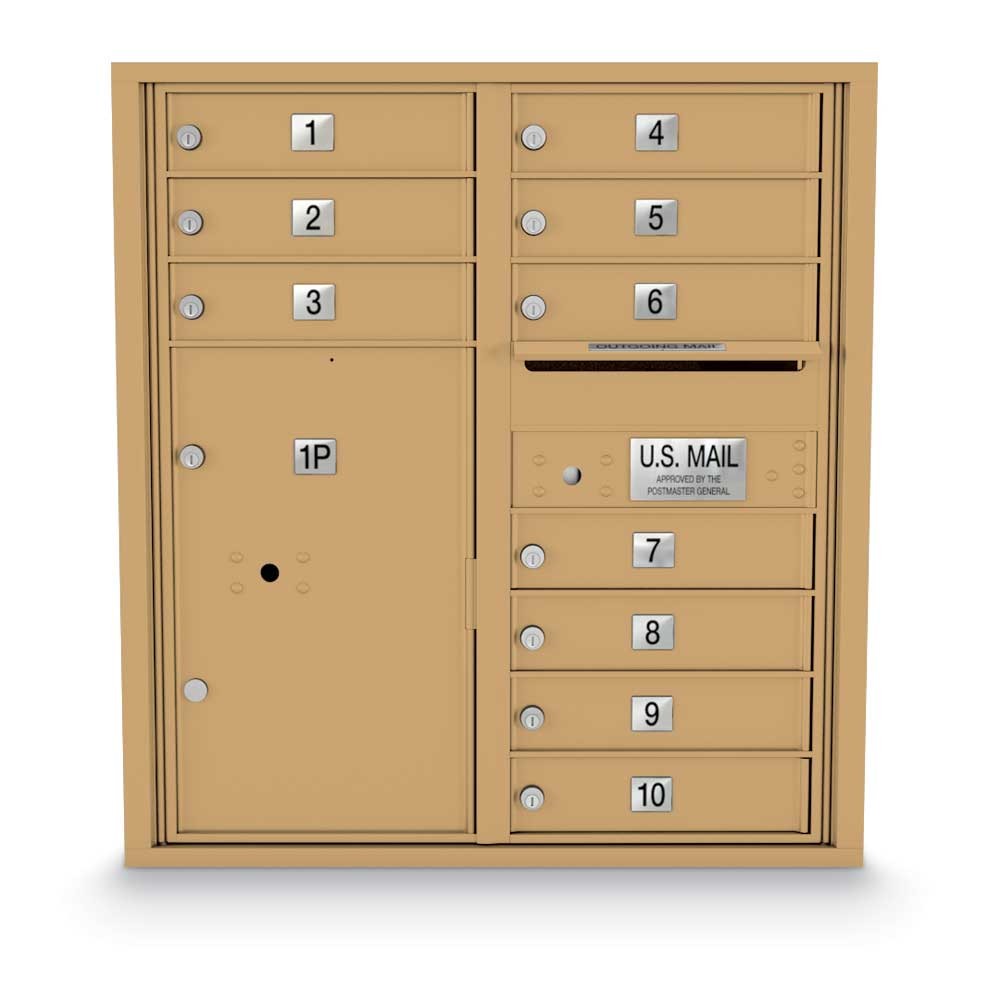
We use Google Analytics to analyse the use of this website.

Session cookies only last for the duration of users using the website and are deleted from your computer when you close your browser, whereas persistent cookies outlast user sessions and remain stored on your computer until deleted, or until they reach their expiry date. There are two main kinds of cookies: “session” cookies and “persistent” cookies. The web application can tailor its operations to your needs, likes and dislikes by gathering and remembering information about your preferences.

Cookies allow web applications to respond to you as an individual. Once you agree, the file is added and the cookie helps analyse web traffic or lets you know when you visit a particular site. The additional financing from KKR – with the support of our shareholder, Advent International – is an excellent foundation for the further development of InPost,” Rafał Brzoska, the company’s head, tells Rzeczpospolita.Ī cookie is a small file which asks permission to be placed on your computer’s hard drive. “Such an injection of capital should allow InPost to significantly increase the scale of operations and carve out as much as possible of the domestic parcel market. By the end of this year it plans on offering 4,500 locations. While InPost currently only has 3,800 parcel machines around the country, the company has just received a large investment of 125 million euros from American investment firm KKR. It has plans to increase this by 2000 by the end of the year. Poczta Polska currently offers parcel lockers at its own post offices as well as state-owned Orlen petrol stations, Ruch kiosks, Żabka and Freshmarket stores, which gives Poczta Polska a network of over 9,500 outlets. Now they are the chosen destination of the delivery.” “Packages used to be delivered to parcel lockers when the courier could not find someone at home. “Lockers used to be an alternative,” says Michał Czechowski, the Polish head of SwipBox, which also has parcel lockers at Biedronka stores. “Deliveries to collection points are 25-40 per cent cheaper than those delivered to your door,” explains Grzegorz Czapski, a member of the Allegro Management team.

Items are delivered to the lockers – placed in convenient locations – instead of to the home, meaning that consumers do not need to worry about missing a delivery.Īt the end of August, Allegro, a Polish online e-commerce platform, announced the launch of its Allegro Smart service, which works in a similar way to Amazon Prime: customers pay an annual subscription of 49 zloty and can have up to 365 deliveries made to 15,000 parcel lockers run by various firms around Poland. Polish consumers increasingly use parcel lockers for click and collect online shopping.

The daily newspaper Rzeczpospolita, reported on September 19 that Poczta Polska would be placing parcel lockers in key transport and logistics hubs (for example railway stations), and that it is in talks with Lotos to place lockers at its petrol stations, as well as at discount supermarket chain Biedronka. Poland’s two biggest parcel locker players, state-owned Poczta Polska and InPost (part of the American Advent Group), are locked in battle over a market worth 6 billion zloty (1.4 billion euros).


 0 kommentar(er)
0 kommentar(er)
